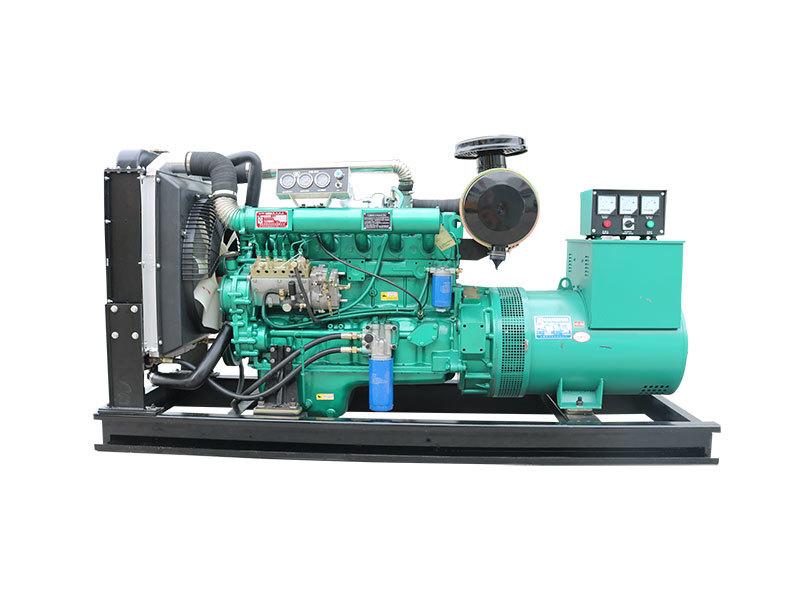Introduction
When it comes to generator sets, one of the most important factors to consider is the cooling system. After all, a generator set that overheats can cause significant damage and even pose a safety risk. That's why it's essential to choose the right cooling system for your needs. In this article, we'll explore the differences between air-cooled and liquid-cooled generator set cooling systems, and help you determine which one is best for you.
How Does an Air-Cooled Generator Set Work?
Air-cooled generator sets rely on air to remove heat from the engine. This is accomplished through the use of a fan, which draws air over the engine and dissipates the heat. Air-cooled generators are typically smaller and lighter than their liquid-cooled counterparts, making them an excellent choice for portable and mobile applications. Additionally, air-cooled generators tend to be less expensive than liquid-cooled generators, as they have fewer parts and require less maintenance.
Advantages of Air-Cooled Generators
Disadvantages of Air-Cooled Generators
- Less efficient than liquid-cooled generators
- May not be suitable for continuous operation in hot environments
- Noise levels may be higher than liquid-cooled generators
How Does a Liquid-Cooled Generator Set Work?
Liquid-cooled generator sets use a liquid coolant, such as water or antifreeze, to remove heat from the engine. The coolant circulates through the engine, absorbing heat, and then passes through a radiator, where the heat is dissipated. Liquid-cooled generators are typically larger and heavier than air-cooled generators, but they offer several advantages in terms of performance and reliability.
Advantages of Liquid-Cooled Generators
- More efficient than air-cooled generators
- Suitable for continuous operation in hot environments
- Quieter than air-cooled generators
- Longer lifespan than air-cooled generators
Disadvantages of Liquid-Cooled Generators
- Larger and heavier than air-cooled generators
- More expensive than air-cooled generators
- Require more maintenance than air-cooled generators
Choosing the Right Generator Set Cooling System for Your Needs
When it comes to choosing the right generator set cooling system for your needs, there are several factors to consider. Here are some questions to ask yourself:
What Will You Be Using the Generator Set For?
If you need a generator set for portable or mobile applications, an air-cooled generator may be the best choice. On the other hand, if you need a generator set for continuous operation in a hot environment, a liquid-cooled generator may be more suitable.
What Is Your Budget?
Air-cooled generators tend to be less expensive than liquid-cooled generators, so if budget is a concern, an air-cooled generator may be the way to go. However, keep in mind that a more expensive liquid-cooled generator may offer better performance and reliability in certain situations.
What Is Your Maintenance Capability?
Liquid-cooled generators require more maintenance than air-cooled generators, so if you don't have the time or resources to perform regular maintenance, an air-cooled generator may be a better choice. However, if you have the capability to perform regular maintenance, a liquid-cooled generator may offer better long-term value.
What Is Your Noise Tolerance?
Air-cooled generators tend to be louder than liquid-cooled generators, so if noise is a concern, a liquid-cooled generator may be the better choice. However, keep in mind that air-cooled generators can be quieter if they are properly sized and installed.
Conclusion
Choosing the right generator set cooling system is an important decision that can impact the performance, reliability, and cost of your generator set. By understanding the differences between air-cooled and liquid-cooled generator set cooling systems, you can make an informed decision that meets your needs. Whether you choose an air-cooled or liquid-cooled generator set, be sure to consider factors such as application, budget, maintenance capability, and noise tolerance.





